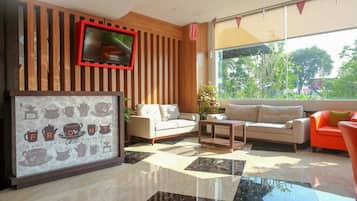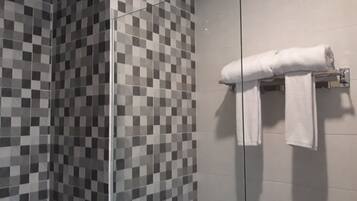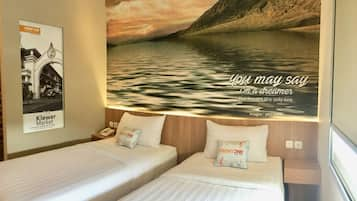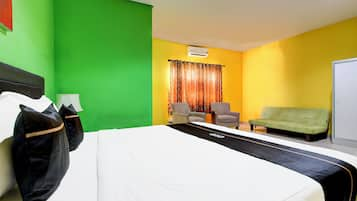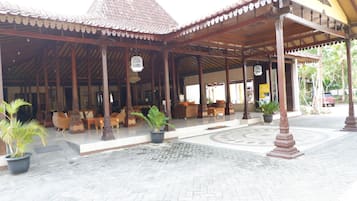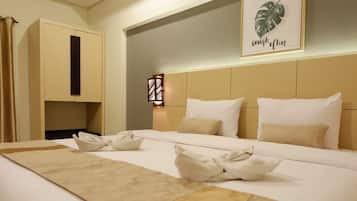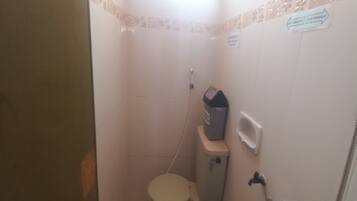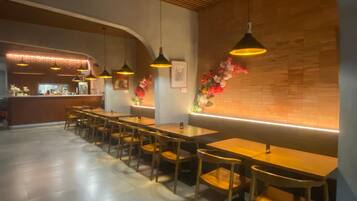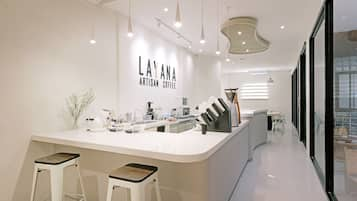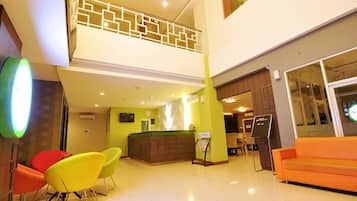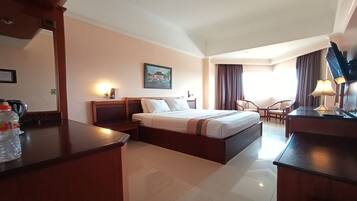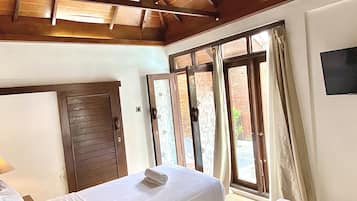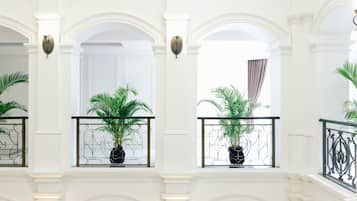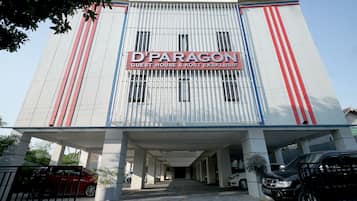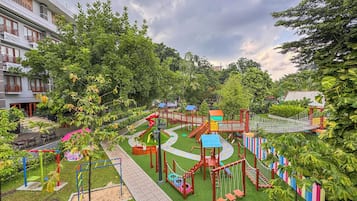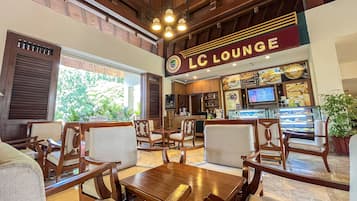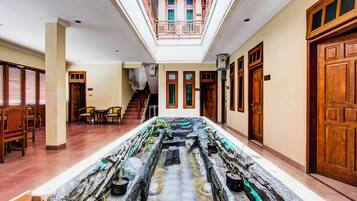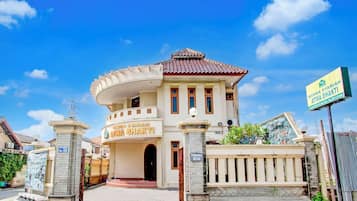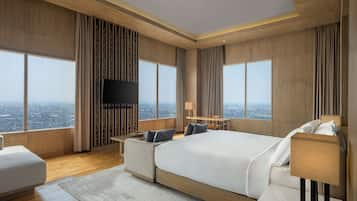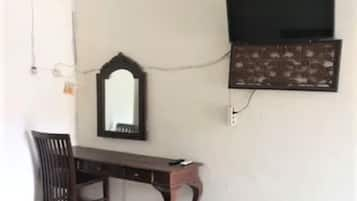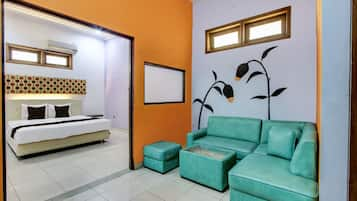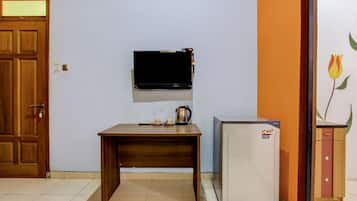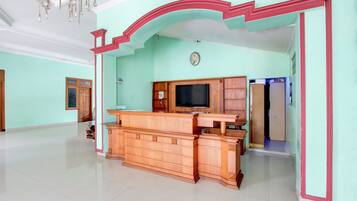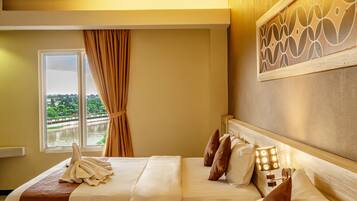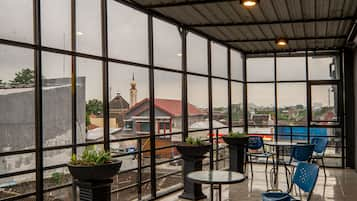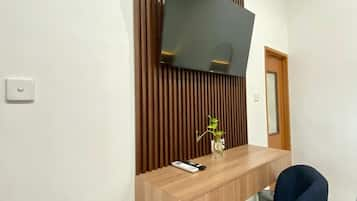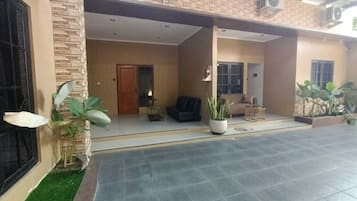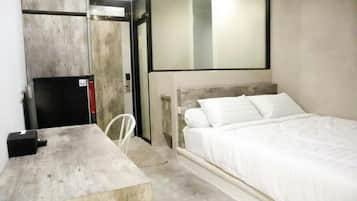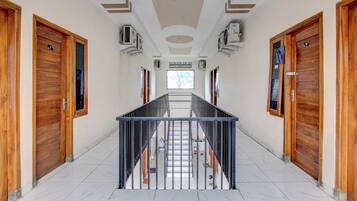Jumlah ulasan tamu | 21 |
|---|---|
Akomodasi | 231 |
Harga termurah | Rp70.243 |
Harga tertinggi | Rp1.415.700 |
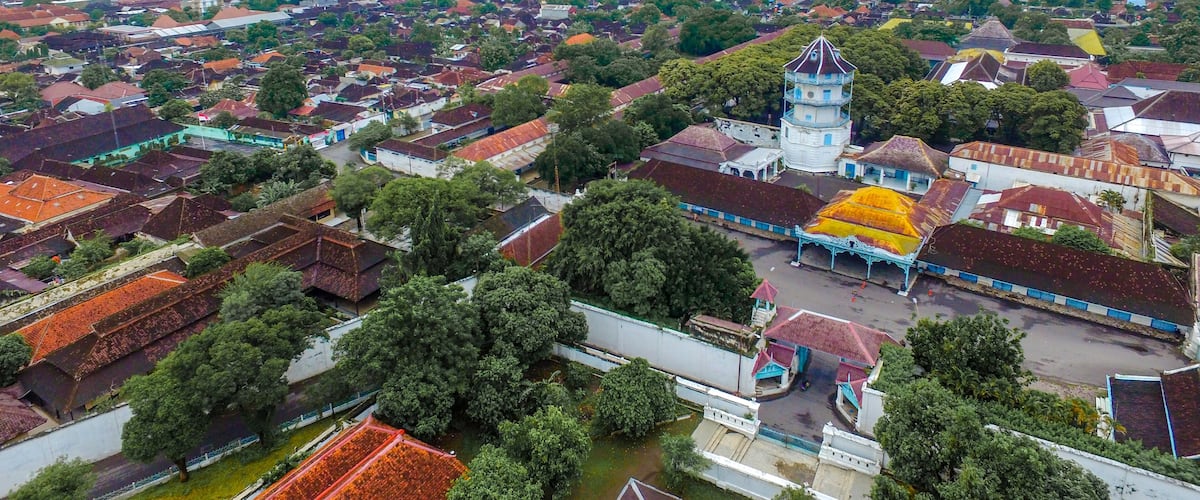
Hotel Murah Dekat Dengan Ngemplak
- Berubah pikiranPesan hotel dengan pembatalan gratis
- Banyak pilihanCari di hampir jutaan properti di seluruh dunia
Periksa harga untuk tanggal ini
Malam ini
Besok
Akhir pekan berikutnya
Dalam dua minggu
Pilihan terbaik kami untuk hotel dekat ${destinationAirportFriendlyName}

Front One Hotel Airport Solo
Front One Hotel Airport Solo0,8 km dari Surakarta (SOC-Bandara Internasional Adisumarmo)
Harga sekarang Rp510.000
total Rp617.100
termasuk pajak & biaya lainnya
2 Mar - 3 Mar
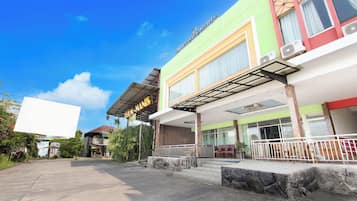
Hotel O Jalan Slamet Riyadi Near Bandara Adi Soemarmo Formerly Amanah Sejahtera
Hotel O Jalan Slamet Riyadi Near Bandara Adi Soemarmo Formerly Amanah Sejahtera0,8 km dari Surakarta (SOC-Bandara Internasional Adisumarmo)
Harga sekarang Rp92.130
total Rp116.084
termasuk pajak & biaya lainnya
6 Mar - 7 Mar
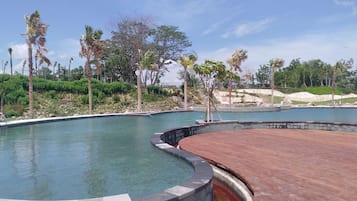
Ataya Hotel by Qinarya
Ataya Hotel by Qinarya1 km dari Surakarta (SOC-Bandara Internasional Adisumarmo)
Harga sekarang Rp150.360
total Rp165.396
termasuk pajak & biaya lainnya
2 Mar - 3 Mar

OYO 94931 Mardi Homestay Syariah
OYO 94931 Mardi Homestay Syariah0,6 km dari Surakarta (SOC-Bandara Internasional Adisumarmo)
Harga sekarang Rp58.052
total Rp70.243
termasuk pajak & biaya lainnya
2 Mar - 3 Mar
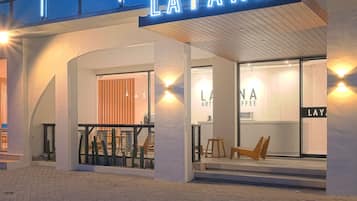
Horison Inn Laksana Solo
Horison Inn Laksana Solo9,1 km dari Surakarta (SOC-Bandara Internasional Adisumarmo)
6.8 dari 10, (6 ulasan)
Harga sekarang Rp206.612
total Rp250.000
termasuk pajak & biaya lainnya
2 Mar - 3 Mar
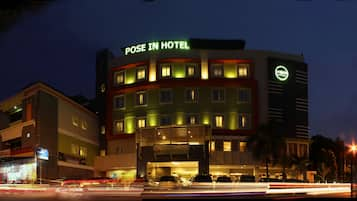
Pose in Solo by Wstay
Pose in Solo by Wstay9,4 km dari Surakarta (SOC-Bandara Internasional Adisumarmo)
6.8 dari 10, (17 ulasan)
Harga sekarang Rp285.124
total Rp344.999
termasuk pajak & biaya lainnya
6 Mar - 7 Mar
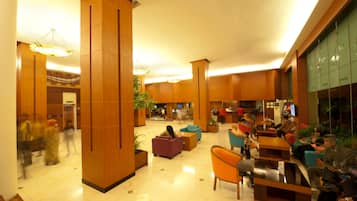
Hotel Asia
Hotel Asia9,7 km dari Surakarta (SOC-Bandara Internasional Adisumarmo)
6.0 dari 10, (12 ulasan)
Harga sekarang Rp374.132
total Rp452.699
termasuk pajak & biaya lainnya
3 Mar - 4 Mar

Chrome Hotel & Resort Solo
Chrome Hotel & Resort Solo3,6 km dari Surakarta (SOC-Bandara Internasional Adisumarmo)
8.4 dari 10, Sangat Baik, (8 ulasan)
Harga sekarang Rp661.157
total Rp800.001
termasuk pajak & biaya lainnya
2 Mar - 3 Mar

The Alana Hotel and Convention Center - Solo by Aston
The Alana Hotel and Convention Center - Solo by Aston4,5 km dari Surakarta (SOC-Bandara Internasional Adisumarmo)
8.2 dari 10, Sangat Baik, (62 ulasan)
Harga sekarang Rp910.418
total Rp1.101.606
termasuk pajak & biaya lainnya
3 Mar - 4 Mar

Mahalaya The Legacy Solo
Mahalaya The Legacy Solo9,9 km dari Surakarta (SOC-Bandara Internasional Adisumarmo)
6.0 dari 10, (2 ulasan)
Harga sekarang Rp562.975
total Rp681.201
termasuk pajak & biaya lainnya
2 Mar - 3 Mar
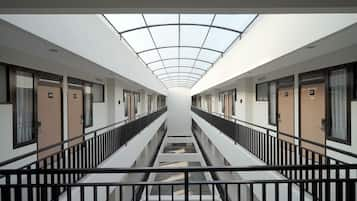
Dparagon Manduro
Dparagon Manduro10,4 km dari Surakarta (SOC-Bandara Internasional Adisumarmo)
5.0 dari 10, (2 ulasan)
Harga sekarang Rp198.760
total Rp240.500
termasuk pajak & biaya lainnya
9 Mar - 10 Mar
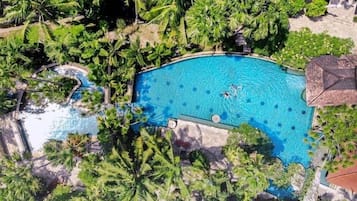
Lorin Solo Hotel
Lorin Solo Hotel4 km dari Surakarta (SOC-Bandara Internasional Adisumarmo)
Harga sekarang Rp642.744
total Rp777.719
termasuk pajak & biaya lainnya
8 Mar - 9 Mar

Hotel O Manahan Near Stadium Manahan Solo Formerly Atma Bhakti
Hotel O Manahan Near Stadium Manahan Solo Formerly Atma Bhakti7,7 km dari Surakarta (SOC-Bandara Internasional Adisumarmo)
2.0 dari 10, (1 ulasan)
Harga sekarang Rp111.659
total Rp135.108
termasuk pajak & biaya lainnya
9 Mar - 10 Mar

Alila Solo, Java
Alila Solo, Java6,5 km dari Surakarta (SOC-Bandara Internasional Adisumarmo)
9.2 dari 10, Istimewa, (137 ulasan)
Harga sekarang Rp1.170.000
total Rp1.415.700
termasuk pajak & biaya lainnya
1 Apr - 2 Apr

Hotel Laweyan Solo
Hotel Laweyan Solo7,9 km dari Surakarta (SOC-Bandara Internasional Adisumarmo)
4.0 dari 10, (1 ulasan)
Harga sekarang Rp123.966
total Rp150.000
termasuk pajak & biaya lainnya
2 Mar - 3 Mar
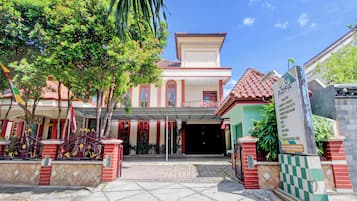
Hotel O Solo near RS JIH Solo formerly Azifa Inn
Hotel O Solo near RS JIH Solo formerly Azifa Inn6,3 km dari Surakarta (SOC-Bandara Internasional Adisumarmo)
Harga sekarang Rp82.203
total Rp99.465
termasuk pajak & biaya lainnya
8 Mar - 9 Mar

Red Chilies Hotel
Red Chilies Hotel8,4 km dari Surakarta (SOC-Bandara Internasional Adisumarmo)
Harga sekarang Rp648.193
total Rp784.313
termasuk pajak & biaya lainnya
18 Mar - 19 Mar
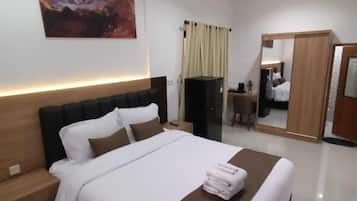
Aira Living
Aira Living7,9 km dari Surakarta (SOC-Bandara Internasional Adisumarmo)
Harga sekarang Rp289.256
total Rp350.001
termasuk pajak & biaya lainnya
5 Mar - 6 Mar
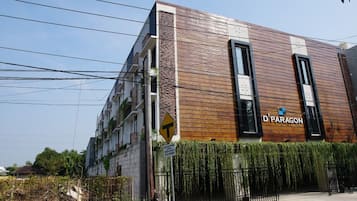
Dparagon Kerten
Dparagon Kerten6,6 km dari Surakarta (SOC-Bandara Internasional Adisumarmo)
Harga sekarang Rp214.876
total Rp260.001
termasuk pajak & biaya lainnya
9 Mar - 10 Mar

OYO 94919 Nay Guesthouse Dan Kost
OYO 94919 Nay Guesthouse Dan Kost3,9 km dari Surakarta (SOC-Bandara Internasional Adisumarmo)
Harga sekarang Rp184.500
total Rp223.245
termasuk pajak & biaya lainnya
9 Mar - 10 Mar
Harga per malam terendah yang ditemukan dalam 24 jam terakhir berdasarkan pencarian 1 malam untuk 2 tamu dewasa. Harga dan ketersediaan dapat berubah sewaktu-waktu. Ketentuan tambahan mungkin berlaku.
Ulasan Hotel Teratas di Bandara Internasional Adisumarmo
Hotel dengan Antar Jemput Bandara Gratis di Ngemplak
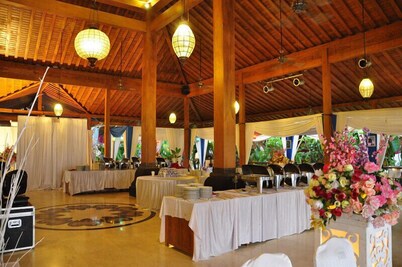
The Gambir Anom Hotel Resort & Convention
Jl. Embakasi Haji No. 24, Solo Ngemplak Central Java
7,4/10 Good! (9 ulasan)
Panduan Penelusuran Bandara Internasional Adisumarmo
Informasi hotel di Bandara Internasional Adisumarmo
Pertanyaan umum
Jelajahi dunia perjalanan dengan Expedia
- Rental mobil di Boyolali
- Rental mobil di Colomadu
- Rental mobil di Grogol
- Rental mobil di Kaliurang
- Rental mobil di Karanganyar
- Rental mobil di Klaten
- Rental mobil di Kopeng
- Rental mobil dekat Pusat Kota Solo
- Rental mobil di Salatiga
- Rental mobil dekat Solo Paragon Lifestyle Mall
- Rental mobil di Solo
- Rental mobil di Sragen
- Rental mobil di Sukoharjo
- Rental mobil dekat The Heritage Palace
- Rental mobil dekat Universitas Muhammadiyah Surakarta
- Rental mobil dekat Universitas Sebelas Maret
- Rental mobil di Wonogiri
